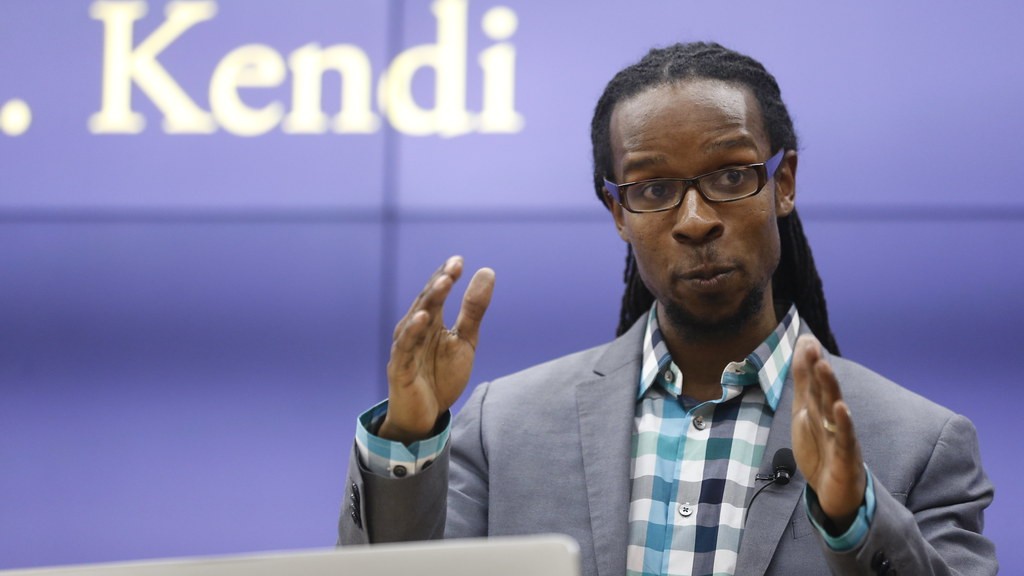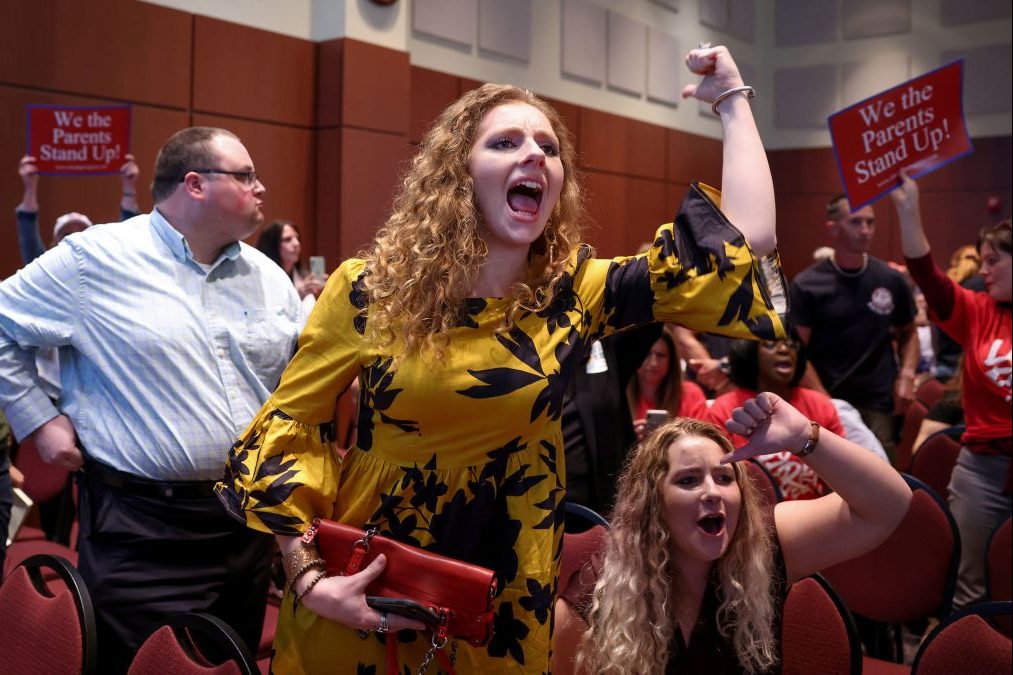Professor Slams Republican Party As Being The Party Of White Supremacy
A Boston University professor recently made bold claims against the Republican party, basing their education initiatives on white supremacy.

It is arguable that America might be as divided as ever. Republicans and Democrats never seem to see eye to eye, but the last few years have polarized beliefs to the extreme. This year, education has been a hot topic for U.S. politicians, and it’s being touted as the great war on education. Both sides claim to be working diligently for parents and the children, but can both be correct? It’s a well-lit fire with both sides of the line stoking the flames, and one Boston University professor is now further polarizing sides, as he made some bold claims recently that Republicans belong to “the party of white supremacy.”
The Boston University professor making these striking statements is Ibram X. Kendi. An op-ed story published by The Atlantic titled “The Danger More Republicans Should Be Talking About” discusses this year’s uptick of Republican leaders addressing parental rights in public education. Within the story, Kendi claimed that the GOP doesn’t want to be the “party of parents” but instead the party of “white” parents.

Kendi is a current professor at Boston University who was awarded the title of Andrew W. Mellon Professor in the Humanities and also as the Director of the Center for Antiracist Research. Kendi has degrees in African American studies and magazine production from Florida A&M University. On top of that, the professor has other accolades that include a ranking in 2020 on Time’s 100 Most Influential People. With multiple books on the subject of racism in America, he is also a New York Times bestselling author.
Within his op-ed, Kendi claims that Republicans use education as a facade to further their agendas. Going even further, the Boston University professor said that the “branding” of being the “party of parents” is a myth, that he compared to the 2020 election when some Republicans claimed the election was stolen from Donald Trump. He even went as far as to state that the mythical agenda from the Republican party not only hurts Black and other minority students in schools but also white children as well. To this notion, he points to the current topic surrounding critical race theory.
Many states have already banned any teachings of critical race theory in public schools. Florida brought the topic front and center in recent months when the Sunshine State poised new bills meant to further scrutinize schools that break state law and use subject matter believed to teach critical race theory. Critical race theory studies racism’s systemic effects in America. Supporters, like the Boston University professor, say it explores how the history of inequality and racism in the United States influences and shapes society today. But on the other spectrum, opponents say it is a harmful study based on Marxism that targets White people as being inherently racist.

Stirring the pot even farther, Kendi’s op-ed draws reference to QAnon, the unfounded group of conservatives that were accused of being part of the January 6th group that stormed the U.S.Capitol building. Saying the “real threat” is Republican politicians, he claims that QAnon conspiracy theories pushed the belief that schools are now “overrun” by predators grooming children to be gay. And with “grooming” being a word of many meanings, the Boston University professor even claims that the only people grooming children are Republican white supremacists.
With a lot to unpack from his op-ed, the Boston University professor clearly has the experience and knowledge to speak on racial affairs. However, is writing an opinion story blaming one party for everything that is wrong with America’s education the answer? Everyone has their own opinion, but at the end of the day, the focus in education is on the student, and the blame game does nothing to solve the larger issue at hand.



